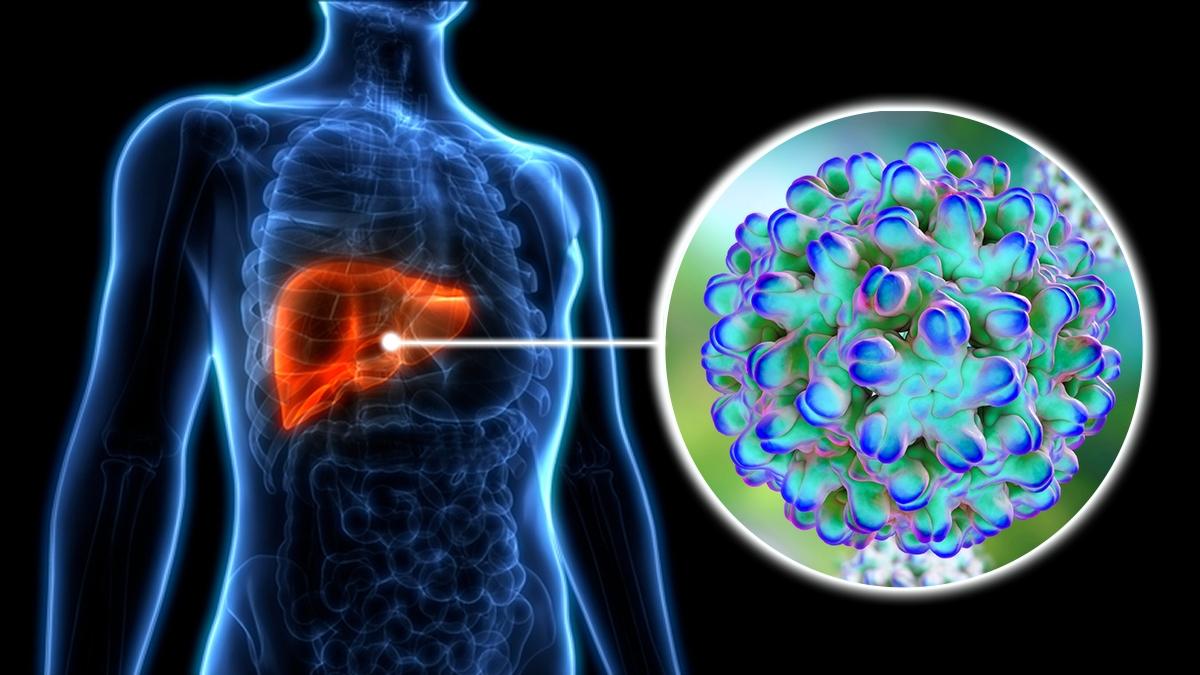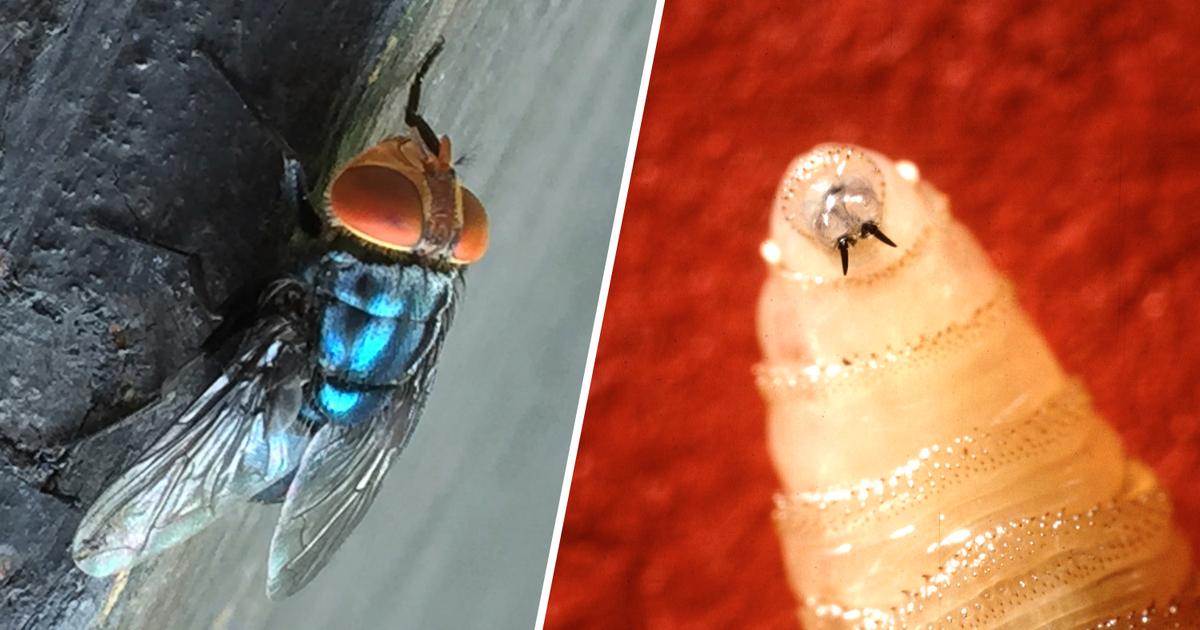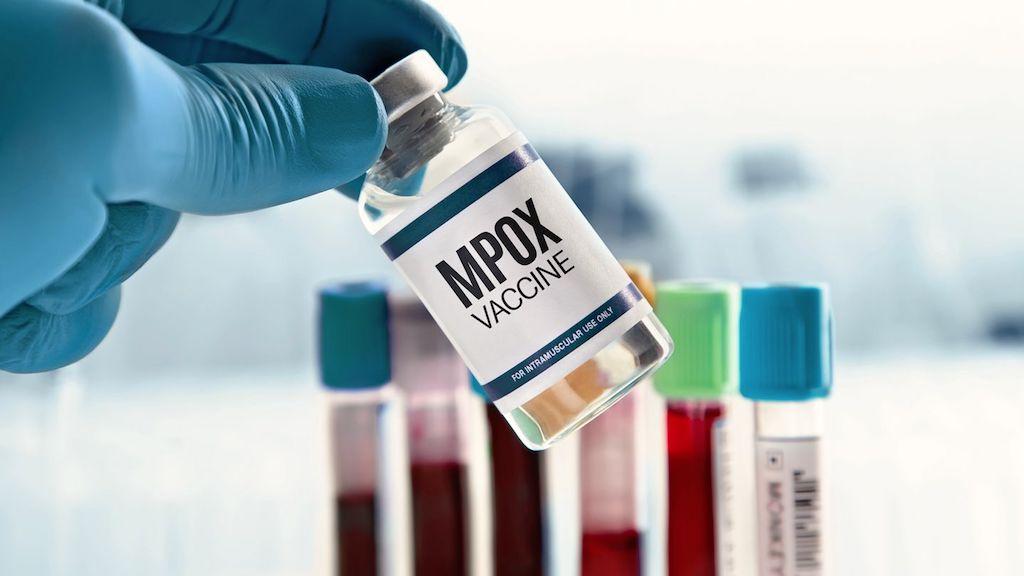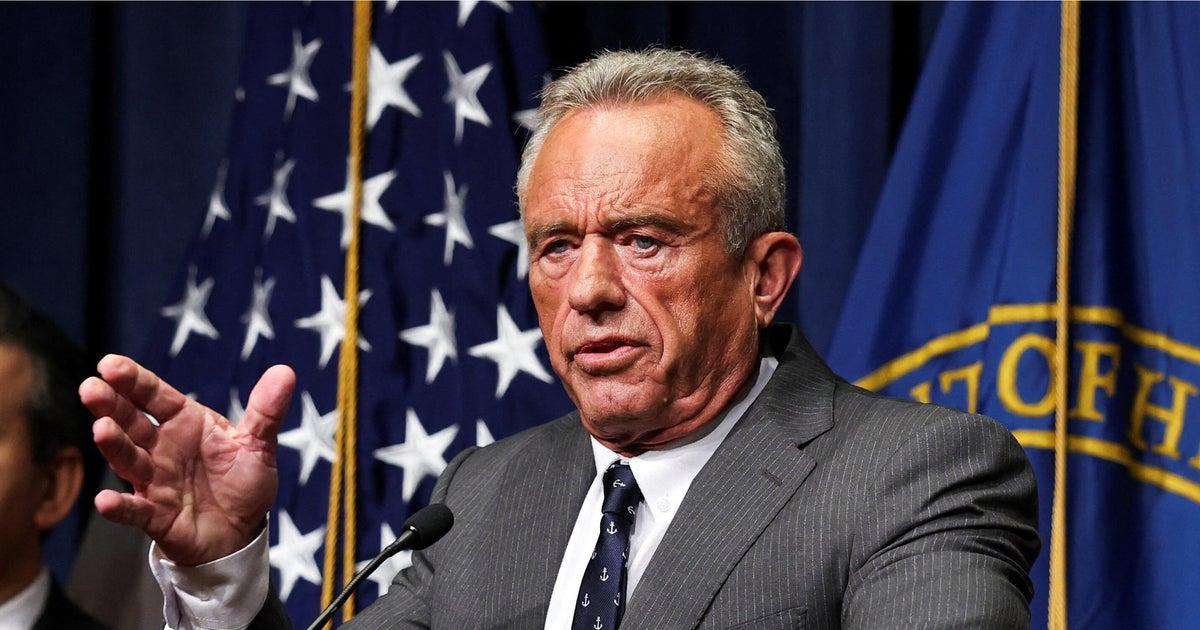
The World Health Organization (WHO) has classified Hepatitis D as a cancer-causing virus, warning that it significantly increases the risk of liver cancer in people already infected with Hepatitis B. This new classification raises fresh concerns in the global fight against viral hepatitis, which now ranks as the second-deadliest infectious disease in the world after COVID-19.
Hepatitis D is unique in that it cannot infect a person on its own—it requires the presence of the Hepatitis B virus (HBV) to cause infection. When both viruses are present, the risk of liver cancer is two to six times higher compared to Hepatitis B infection alone. The WHO’s announcement follows similar recognition by the International Agency for Research on Cancer (IARC), placing Hepatitis D in the same cancer-causing category as Hepatitis B and C.
“Every 30 seconds, someone dies from severe liver disease or liver cancer caused by hepatitis,” said WHO Director-General Dr Tedros Ghebreyesus. Despite the availability of preventive tools like vaccines and treatments, over 1.3 million people die from hepatitis-related illnesses each year.
Viral hepatitis types A through E can cause acute liver infections, but types B, C, and D are especially dangerous because they can lead to chronic liver disease, cirrhosis, and cancer. More than 300 million people are living with these infections worldwide, many unaware of their status.
The WHO stresses that the best way to prevent Hepatitis D is through vaccination against Hepatitis B. A person vaccinated against HBV is also protected from HDV. New WHO guidelines released in 2024 aim to improve testing and diagnosis for both viruses, and more innovative treatments are being developed.
In Kenya, efforts to fight viral hepatitis are gaining momentum. During World Hepatitis Day celebrations in Mombasa, Director General for Health Dr Patrick Amoth said around 3% of Kenyans are infected with Hepatitis B or C, with most cases undiagnosed due to limited awareness and access to testing.
Dr Amoth announced that the government is now offering free treatment for Hepatitis B and C, calling it a “game-changer” that will support early diagnosis and better care. He also expressed concern about high Hepatitis C infection rates among people who inject drugs, where some areas report exposure rates of up to 25%.
He urged stronger public education, expanded screening, and harm reduction strategies to prevent the spread of the virus and reduce hepatitis-related deaths.
Health

First U.S. Human Case of Travel-Linked Screwworm Confirmed by HHS
The U.S. has confirmed its first human case of New World Screwworm infestation linked to international travel, health officials announced.

Africa CDC Reports Drop in Mpox Cases, Warns of New Outbreaks
The Africa Centres for Disease Control and Prevention (Africa CDC) has reported a major 58 per cent drop in mpox cases across the continent between epidemiological week 19 and week 30 of 2025.

CS Duale Suspends 40 Hospitals Over SHA Insurance Fraud
Defence Cabinet Secretary Aden Duale has suspended 40 hospitals and 12 health officials over allegations of defrauding the Social Health Authority (SHA) system.

RFK Jr. Cancels $500M in mRNA Vaccine Projects Over Safety Concerns
The U.S. government is canceling $500 million worth of vaccine development projects that use mRNA technology, Health and Human Services (HHS) Secretary Robert F.

Nigerian Nurses Suspend Strike After Talks With Government
The nationwide warning strike by Nigerian nurses and midwives has been suspended following a closed-door meeting with government officials.

Mpox Outbreak: 314 Cases and 5 Deaths Reported in 22 Counties
The Ministry of Health has confirmed 314 Mpox cases and five related deaths across 22 counties in Kenya so far.

Dei BioPharma Earns U.S. Patents for Game-Changing Therapies
In a major step forward for global healthcare, Uganda’s Dei BioPharma has secured two U.S. patents for breakthrough therapies aimed at making cancer and immune treatments more affordable and accessible.
